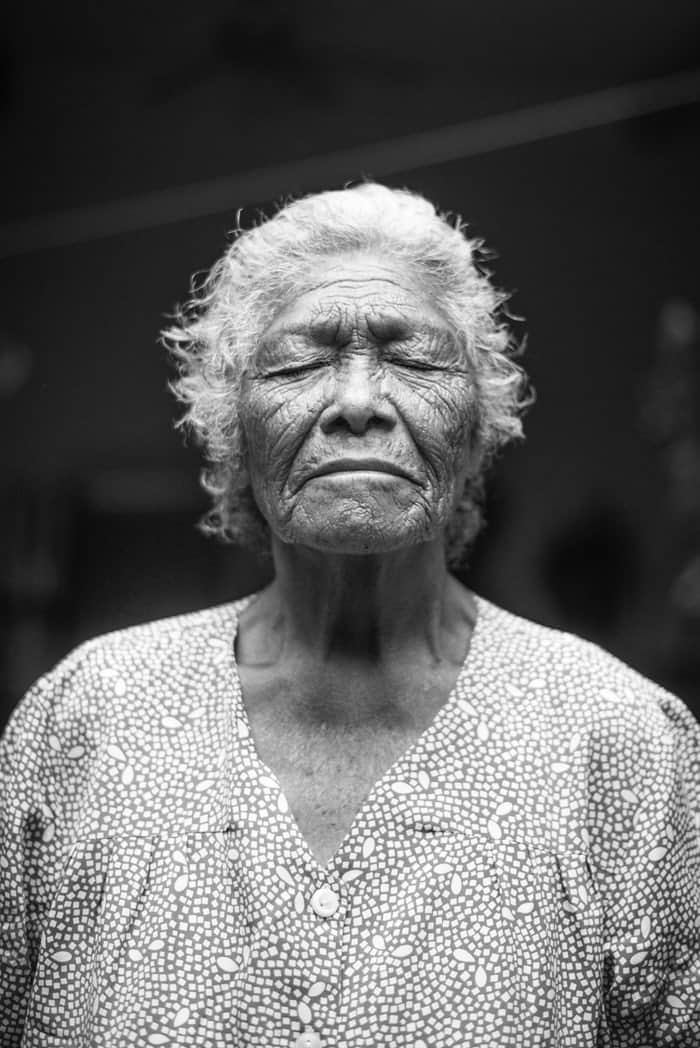Mental health is the foundation of how we show emotions, think, communicate, learn and it also determines how we view ourselves. On the other hand, mental illness is a health condition that involves a deviation from the normal way of thinking, behaving or displaying of emotions.
“It is estimated that 20% of people aged 55 and above experience some type of mental illness.”
The most common mental disorders in the elderly have been identified as depression and anxiety. Others are: dementia, mood disorders, panic disorder and psychosis.
Even in the absence of a pre-existing mental condition, the natural process of aging can cause severe emotional and physical stresses which increase the risk of developing depression and anxiety.
Alongside the normal process of aging, other factors like drug use, chronic diseases and environmental factors have profound effects on the mental health of the senior population.
Let’s examine each of these factors and the role they play in the elderly population’s mental health:

- Physiological Changes
“Research has shown that one loses 5% of their brain mass every 10 years after the age of 40.”
The brain, quite like all other organ, undergoes several physiological and biochemical changes that may affect it’s structure and function as a result of cell death, changes in synaptic structure etc.
Aging is also associated with oxidative damages, mitochondrial impairment, changes in glucose metabolism and reduced folate synthesis—older adults with depleted folate in the blood and nervous system are predisposed to depression.
Some of the structural changes that accompany aging do not only cause the elderly to use drugs irrationally but they also accentuate the effects of the substances abused since metabolism is slower.
For the aging population with an already existing mental disorder, symptoms usually worsen over time and makes managing the disorder more difficult.
- Comorbidity/Chronic Illnesses
“…people living with chronic conditions experience depression and anxiety at twice the rate of the general population.”
Chronic diseases require long-term medical attention and significantly impact a person’s daily routine. Hypertension, cancer, diabetes, arthritis and other chronic diseases require long term and sometimes life long management.
Being newly diagnosed with a chronic illness comes with a lot of intense feelings including those of guilt, dejection, frustration and resentment. One of the most common complications of chronic illnesses is depression.
With aging comes risk of these chronic illnesses and no doubt, this will impact a person’s mental health negatively.
- Medication Use
“There is an extensive variety of medications that can independently upset the normal functioning of the body system and this imbalance is intensified when these drugs are used in combination.”
Estrogen replacement therapy indicated for management of menopausal symptoms in women can cause significant variations in hormone levels which may lead to uncontrolled mood swings that are characteristic to bipolar disorder.
Prednisolone, a corticosteroid used in the management of inflammatory conditions like gouts and rheumatoid arthritis, can affect serotonin levels causing psychotic disorders. The drug combination levodopa/carbidopa used in the treatment of Parkinson’s disease elevate the levels of dopamine in the brain and invariably alter a person’s mood.
The anti-hypertensive drug propranolol and opiod painkillers have depressive symptoms that manifest as sexual problems and fatigue which may worsen to full blown depression.
Although polypharmacy (use of multiple medications), has been associated with functional decline in the elderly, decreasing the quantity of medications is not rational especially among elderly patients managing more than one chronic disease.
- Environmental Factors
“Our environment is a combination of both physical, social factors and other ephemeral factors, with each of these factors forming part of the wider context of our lives,”
In one of her podcasts , 57-year-old Michelle Obama admitted to have suffered from depression during the COVID-19 pandemic and racial unrest that plagued 2020. She described the way she felt as living with an upsetting voice in the background.
In addition to the outbreak of a pandemic, other environmental factors that play a role in determining the mental health state of the elderly population include: physical factors like where you live and the people around you, poverty, crime, debt, lack of social support, death of loved ones, etc.
When trying to define the causes of our mental health struggles, we should never underestimate one of the biggest factors of all—the environment in which we live our daily lives.
Why is mental health issues not addressed in the elderly?
“…out of the 20% of the adult population aged over 55 above (who are likely to be diagnosed with a mental disorder), only 2 out of 3 will receive treatment.”
Mental illness as it specifically affects the elderly does not get as much attention in the media as that of young people.
Diagnosis of mental illness in the elderly can be difficult for a variety of reasons, one of them being that elderly patients are more likely to report physical issues than psychological issues.
The treatment of mental disorders in the elderly has also not been helped by the myth that conditions like depression and loneliness are normal in the elderly. The fact is that, mental health issues are not exclusive to any part of the demographic – being older does not make a person immune to the ups and downs of life.
How to improve mental wellbeing of the elderly
Dealing with the progression of a mental illness is a delicate matter which will require professional intervention and the individual’s cooperation.
Planning ahead, seeking support when needed, personal care for physical and mental wellbeing, support groups and making time to have fun can help seniors have a more enjoyable later life.
It is important that we, as caregivers, familiarise ourselves with the patterns of these mental disorders so that we can recognise these changes early on in the lives of the seniors around us.
This article was written as part of the mental health awareness campaign being organised by Pharmacy Interns of the Federal Neuropsychiatry Hospital, Lagos. Keep up with the campaign on Instagram, @30beautifulminds.
By Adeleke K., Okorie G. and Tonuewa S.








